Beyond these vital functions, blood offers a window into overall health. Laboratory analysis can facilitate early disease detection, confirm infections, assess nutritional status, evaluate organ function, and monitor drug efficacy or side effects.

Dr. Young-Sook Yoon, a professor of family medicine at Inje University Ilsan Paik Hospital, notes, “Blood tests include complete blood counts, biochemical panels, and immunological assays. Interpreting these results accurately can greatly enhance early diagnosis and management of numerous conditions.”

Essential Blood Tests and Their Clinical Role
1. Complete Blood Count (CBC)
The CBC measures the number, size, and distribution of red blood cells, white blood cells, and platelets. It provides insights into conditions like anemia, inflammation, or hematologic malignancies such as leukemia. Acute infections, such as colds or gastroenteritis, may temporarily elevate white blood cell counts. Even healthy individuals may occasionally show below-normal white cell counts, requiring follow-up testing. Anemia is diagnosed when hemoglobin levels fall below 13 g/dL in men or 12 g/dL in women, indicating reduced oxygen-carrying capacity.
2. Lipid Panel
This test evaluates total cholesterol, triglycerides, high-density lipoprotein (HDL) cholesterol, and low-density lipoprotein (LDL) cholesterol. These markers are critical risk factors for atherosclerosis, coronary artery disease, and stroke. An LDL cholesterol level of 130 mg/dL or higher signals dyslipidemia, a condition marked by elevated blood lipid levels. For accurate results, patients should avoid excessive carbohydrate or alcohol consumption the day prior to testing.
3. Diabetes Screening (Fasting Plasma Glucose and Hemoglobin A1c)
A fasting plasma glucose level of 126 mg/dL or higher or a hemoglobin A1c of 6.5% or greater confirms diabetes. Levels of 100–125 mg/dL for fasting glucose or 5.7–6.4% for A1c indicate prediabetes, signaling an elevated risk of developing diabetes and necessitating vigilant monitoring.
4. Liver Function Tests (LFTs)
The liver, the body’s largest solid organ, manages metabolism, detoxification, synthesis, and secretion. It is prone to damage from alcohol, viruses, medications, or toxins, leading to conditions like alcoholic liver disease, viral hepatitis, or drug-induced hepatotoxicity. LFTs serve as an initial screening tool for liver abnormalities. Diagnosis integrates LFT results with clinical history, physical examination, hepatitis serology, and imaging like ultrasound or CT. Bilirubin levels may rise in severe liver disease, causing jaundice, or temporarily increase during fasting for health screenings.
5. Hepatitis Serology
In South Korea, chronic liver disease is often linked to hepatitis B or C infections. Serologic testing identifies these viral infections. A positive hepatitis B surface antigen (HBsAg) confirms hepatitis B infection, while a positive hepatitis C antibody suggests exposure, though confirmatory RNA testing is needed due to potential false positives.
6. Uric Acid (UA)
This test measures serum uric acid, a byproduct of purine metabolism typically cleared by the kidneys. Elevated levels, often tied to excessive alcohol, obesity, or high-purine diets, may lead to gout. Asymptomatic hyperuricemia generally does not require medication but increases risks for kidney and cardiovascular diseases, underscoring the need for lifestyle changes.
7. Electrolyte Panel
Electrolytes—ionized substances like sodium, potassium, chloride, calcium, and phosphate—regulate fluid balance, acid-base homeostasis, and cellular functions. Imbalances may stem from renal, endocrine, or cardiac disorders, or medications, making this panel a routine part of health screenings.
8. Thyroid Function Tests (TFTs)
The thyroid, a butterfly-shaped gland in the neck, produces hormones that regulate energy metabolism, growth, and development. TFTs measure free thyroxine (free T4) and thyroid-stimulating hormone (TSH). Abnormal results may indicate hypothyroidism, hyperthyroidism, or thyroiditis.
9. Renal Function Tests (RFTs)
The kidneys regulate fluid balance, blood pressure, waste excretion, red blood cell production, and metabolism. Impaired renal function reduces waste clearance, elevating blood urea nitrogen (BUN) and creatinine levels. Dehydration may also temporarily raise these markers.
10. Tumor Marker Tests
These tests detect substances typically absent or minimally present in healthy tissue but elevated in cancer cells. Tumor markers help assess cancer type, stage, progression, and treatment response. However, normal levels do not rule out malignancy, and elevated levels may occur in benign conditions, so these tests are best paired with other screening methods.
11. Infectious Disease Serology
These assays screen for infections like syphilis and HIV. Their high sensitivity may yield false positives, so positive results should prompt clinical consultation and confirmatory testing rather than immediate concern.
Lim Hye Jung, HEALTH IN NEWS TEAM
press@hinews.co.kr





